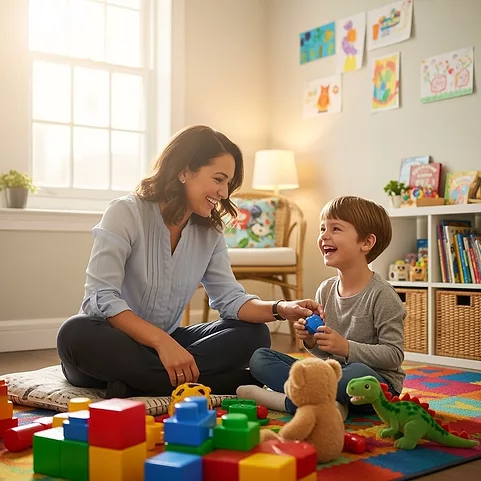Misuse and Diversion of Psychiatric Drugs Among Adolescents
Prescription drug abuse is a growing problem among adults and adolescents, and we all know that painkillers, benzodiazepines, and amphetamines can be bought on the street by people who don’t need them for medical reasons. However, not a lot of research has been done on misuse of prescription drugs by kids with legitimate prescriptions.
Researchers recently examined this group to see what they could learn about misuse of certain prescribed medications. In a five-month period from late 2009 to early 2010, 2,597 high school students from the Detroit area completed a web- based survey on prescription drug use. The respondents were almost evenly split between boys and girls, and the mean age was around 15.
Eighteen percent of respondents reported prescribed medical use of at least one pain, anxiety, stimulant, or sleeping medication within the past year. Of those with prescriptions, 22% reported misuse of their drugs. Misuse could include taking too much, using the medication to enhance the effects of other drugs or alcohol, or taking it to intentionally get high. By far, the most common form of misuse was taking too much.
Frequency of use was correlated with misuse for all drugs except stimulants (ie, those who took pain medication more often were more likely to abuse it than those who only had a short-term prescription or only took a few doses). Multiple prescriptions across medication classes also increased the likelihoodof abuse. When assessed for overall substance abuse, those adolescents who misused their prescription medications were significantly more likely to have a positive screen for any type of substance abuse.Those adolescents who misused their own prescriptions were more likely to sell, give away, or trade their meds than those who took their medications as prescribed (36.9% of misusers vs 12.9% of appropriate medical users) (McCabe SE et al, Arch Pediatr Adolesc Med 2011;165(8):729–735).
CCPR’s Take: The good news is that 78% of kids who took these highly abusable drugs took them how and when they were supposed to. (At least they thought they did; because responses were confidential, there was no verification that students were actually taking the drugs the way their doctors had prescribed.) The bad new is the other 22%. We should be sure to check in with our patients taking these meds regularly, and watch for the usual signs of drug abuse and diversion.
Newsletters
Please see our Terms and Conditions, Privacy Policy, Subscription Agreement, Use of Cookies, and Hardware/Software Requirements to view our website.
© 2025 Carlat Publishing, LLC and Affiliates, All Rights Reserved.


_-The-Breakthrough-Antipsychotic-That-Could-Change-Everything.webp?t=1729528747)



